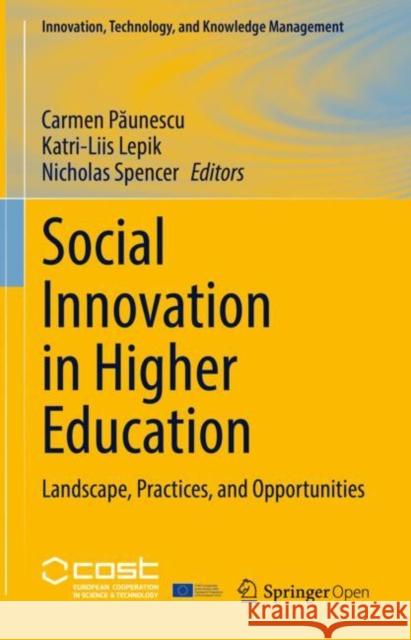Social Innovation in Higher Education: Landscape, Practices, and Opportunities » książka
topmenu
Social Innovation in Higher Education: Landscape, Practices, and Opportunities
ISBN-13: 9783030840433 / Angielski / Twarda / 2021 / 324 str.
Social Innovation in Higher Education: Landscape, Practices, and Opportunities
ISBN-13: 9783030840433 / Angielski / Twarda / 2021 / 324 str.
cena 201,24
(netto: 191,66 VAT: 5%)
Najniższa cena z 30 dni: 192,74
(netto: 191,66 VAT: 5%)
Najniższa cena z 30 dni: 192,74
Termin realizacji zamówienia:
ok. 16-18 dni roboczych.
ok. 16-18 dni roboczych.
Darmowa dostawa!
Kategorie:
Kategorie BISAC:
Wydawca:
Springer
Seria wydawnicza:
Język:
Angielski
ISBN-13:
9783030840433
Rok wydania:
2021
Wydanie:
2022
Numer serii:
000381722
Ilość stron:
324
Waga:
0.63 kg
Wymiary:
23.39 x 15.6 x 1.91
Oprawa:
Twarda
Wolumenów:
01
Dodatkowe informacje:
Wydanie ilustrowane











